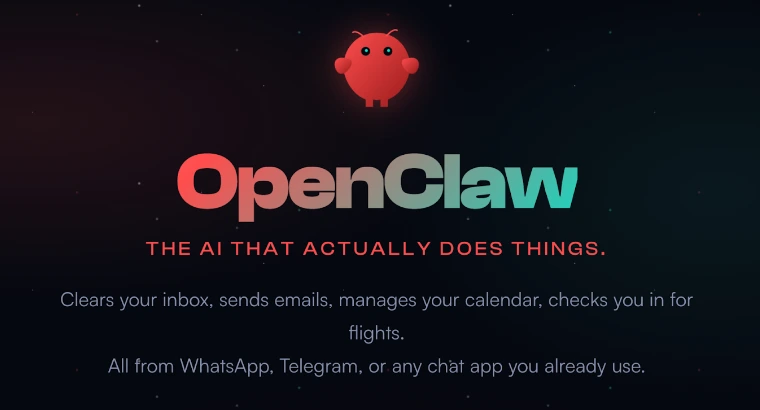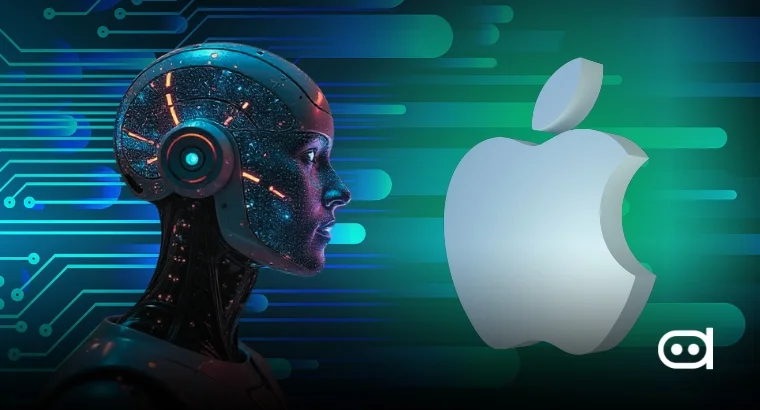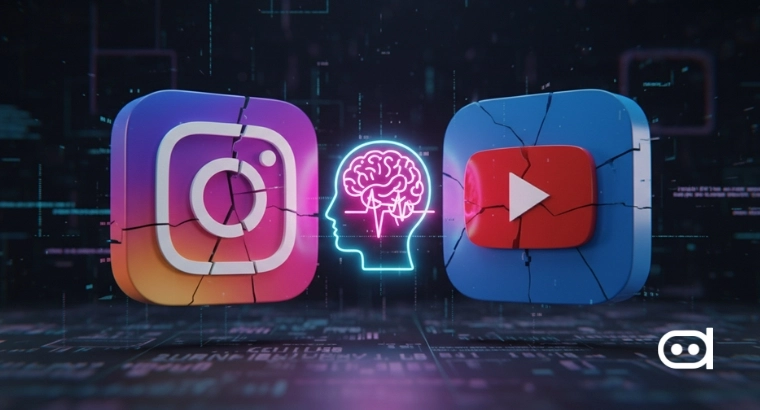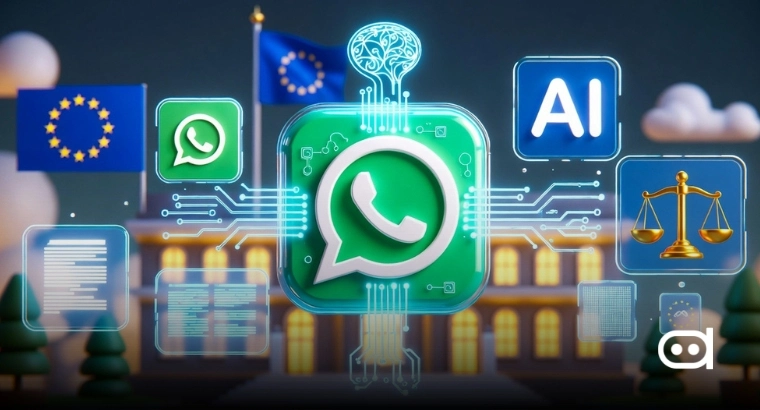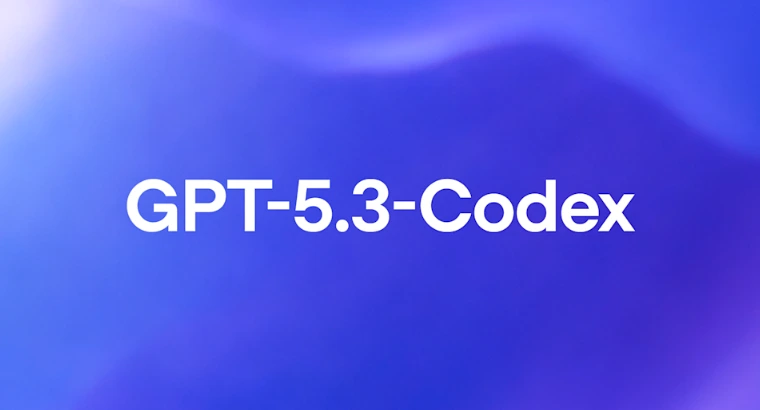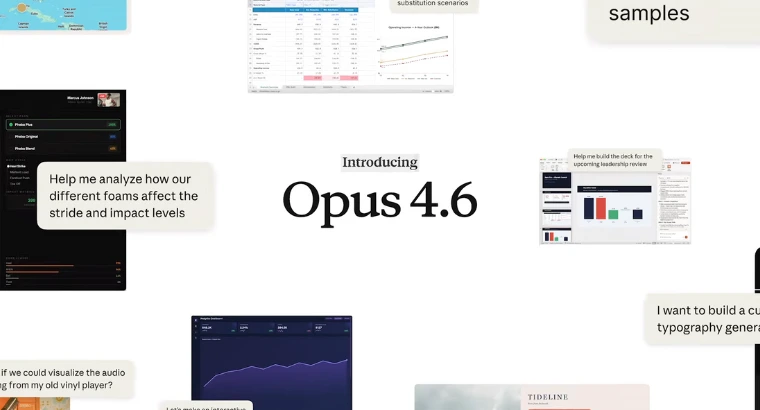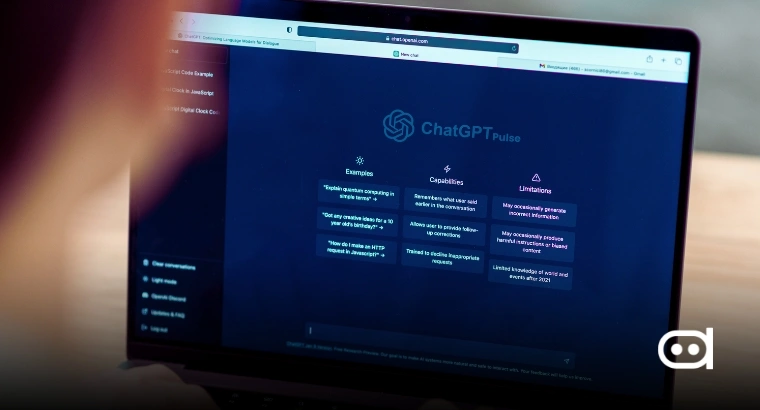
Key Highlights –
- OpenAI launches ChatGPT Pulse for Pro users, delivering personalized daily updates without user prompts
- Pulse concept closely mirrors existing app Huxe’s daily briefings and personalized content features
- Feature joins Google Pixel’s Daily Hub and other AI-powered morning briefing tools in crowded market
- Currently exclusive to Pro mobile users, with plans to expand to Plus subscribers and eventually all users
On September 25, 2025, OpenAI introduced ChatGPT Pulse, turning ChatGPT from a question-answering tool into an active daily assistant that generates morning briefings personalized from chat history, feedback, and apps connected through Gmail or Google Calendar, among others.
How Does ChatGPT Pulse Really Work?
Working through the night on research, ChatGPT Pulse produces visual cards on anything from travel tips to dinner ideas or professional updates. The user can also elect to vote on content of future interest or submit their own content requests, while optional integrations with Gmail and Google Calendar can put forth contextual suggestions. Updates disappear by the end of the day, creating a waterfall effect, rather than the traditional play-in focused approach of endless scrolling.
It is important to note that this feature is available for only Plus subscribers, on both Android and iOS devices.
ChatGPT Pulse’s Resemblance to the Huxe app
ChatGPT Pulse bears a striking resemblance to Huxe, an existing app that has similar offerings. Huxe offers personalized briefings in the early morning that curate emails, calendar events, and news into a five-minute presentation, with live audio streams and AI-generated podcasts based on user interests.
Huxe’s marketing promises “your morning, minus the doomscroll” and “content that exists because you do” concepts closely aligned with OpenAI’s positioning. Both platforms emphasize overnight processing, behavior-oriented personalization, and integration with productivity tools. Live stations “pull from everywhere, stay current, never repeat” are the very same tools via which Huxe sources content, akin to the power of Pulse research.
So many people sending me the Pulse launch!!!
— Raiza Martin (@raizamrtn) September 25, 2025
Thank you to everyone who checked in and you're right, LOTS of similarities to Huxe, down to the UX, the banners, the taglines, the entire concept…😅
Building a new product is really hard: it requires so much out of you. But the… https://t.co/IIMltUHVP7
In a recent X post, co-founder of Huxe, Raiza Martin shared an optimistic note on OpenAI’s Pulse launch.
So today, while surprising, is also really positive validation that we’re onto something really interesting. The people using our product prove that too. On our side: it’s business as usual. We’ll keep going, and I’m incredibly optimistic we’ll end up somewhere great
Users and fans alike, supported Martin on her response to the AI giant’s move, as well as shared their love for the app.
100%! I've experienced the same thing, and the biggest validation is when the bigger players start copying you.
— Joe Petrich (@jpetrichsr) September 25, 2025
As a huxe fan, I'd love it if you integrated with Slack – getting a rundown of the conversations I was in and where I need to follow up today would be awesome.
Google’s Daily Hub Shares Similarities
There’s a certain resemblance between ChatGPT Pulse and Google Pixel’s Daily Hub feature, which offers weather updates, calendar events, and suggestions through personalized morning briefings. There are plans for Daily Hub to be rolled out on other Android devices.
This intersection implies AI-generated morning briefings are in the process of crystallizing as a standard, as opposed to being mainstream innovations. Several companies view replacements for conventional news consumption through curated intelligence as an opportunity, thereby posing the dilemma of actual innovation versus incremental development when established players enter a feature race with their smaller counterparts.
Trending Concept of AI Powered Morning Briefs
The format of morning briefings by AI is an answer to information overload and mental health issues in the realm of social media. Focused consumption promises to enhance meaning in daily routines. With the kind of push information delivery, the user’s relation with technology changes-the distributed intelligence is anything but arbitrary and is meant to support the act of decision-making.
Contrarily, the convenience of AI processing of personal communications and behavioural patterns raises privacy concerns. Some level of data collection by the AI needed for personalization puts in defence of privacy arguments. With snags in this will be set a pound of flesh back in the issue.

